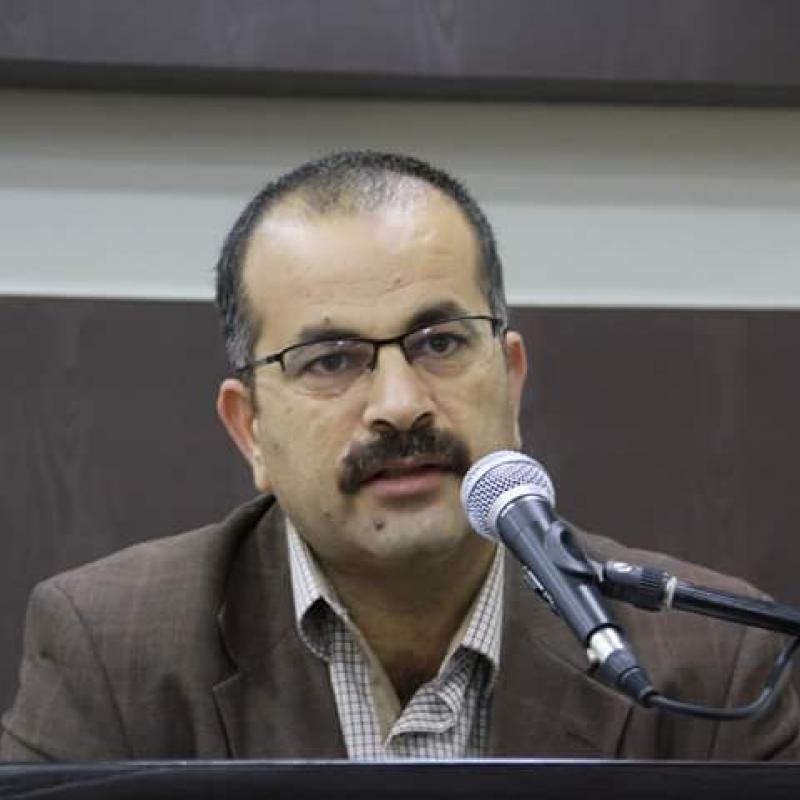Agricultural development expert working in Palestine since 1993. Currently working as Agricultural program director for ANERA, managing humanitarian and diverse mix of developmental projects. The most recent in the large scale reuse of reclaimed wastewater in Jenin. Worked as university teacher for 6 years. As consultant he participated and lead many evaluations and base line survey studies with local and international firms. Conducted development researches, delivered long list of trainings in the field of project management and prepared manuals and training materials. He got master degree in plant protection from University of Jordan, certified trainer in project management by InWent/ Germany, and in November 2017 finished a one year training course in consultancy for change offered by INTRAC/ London . Naser has special interest in knowledge sharing after conducting two- years research in this field. Volunteering as chairperson of Palestinian Evaluation Association.
Nasser Samih Qadous

Nasser Samih Qadous
President
Palestinian Evaluation Association
Palestine
Nasser Samih Qadous
President Palestinian Evaluation AssociationDears
In my opinion any evaluation not considering the context in general, not only cultural, will not be an evaluation in essence.
From our experience in women empowerment interventions timing of any data collection event should be agreed with women otherwise no one shows up. We invite more people than needed to achieve the target of participants. in the latest experience we recruited external evaluation expert for the Women Empowerment project. He thought of the livelihood assessment tool, where there are questions like: how many days did you sleep without food? When was the last time you ate meat? ...etc. He could not fill any of the questionnaires, therefore we decided to cancel this section. Why? As they are poor this was very sensitive for them.
Another story: Trying to understand a success story a PR officer visited and interviewed a beneficiary, the second day she thought of a photo at specific time, so she called the beneficiary and said "Please can you ask one of your kids to take a photo for...", But the lady/ beneficiary was old single with no family but supporting the extended family. This also might happen if you ask about a father or a mother or husband to an orphan or widow.
So to respect culture, values :
1- Design tool
2- Test the tool
3- Use local staff who know the context
4- Explain to the evaluation team any sensitive issues related to specific communities or specific people
5- Collect as much data as possible before interviewing people.
Regards
Naser Qadous
Palestine